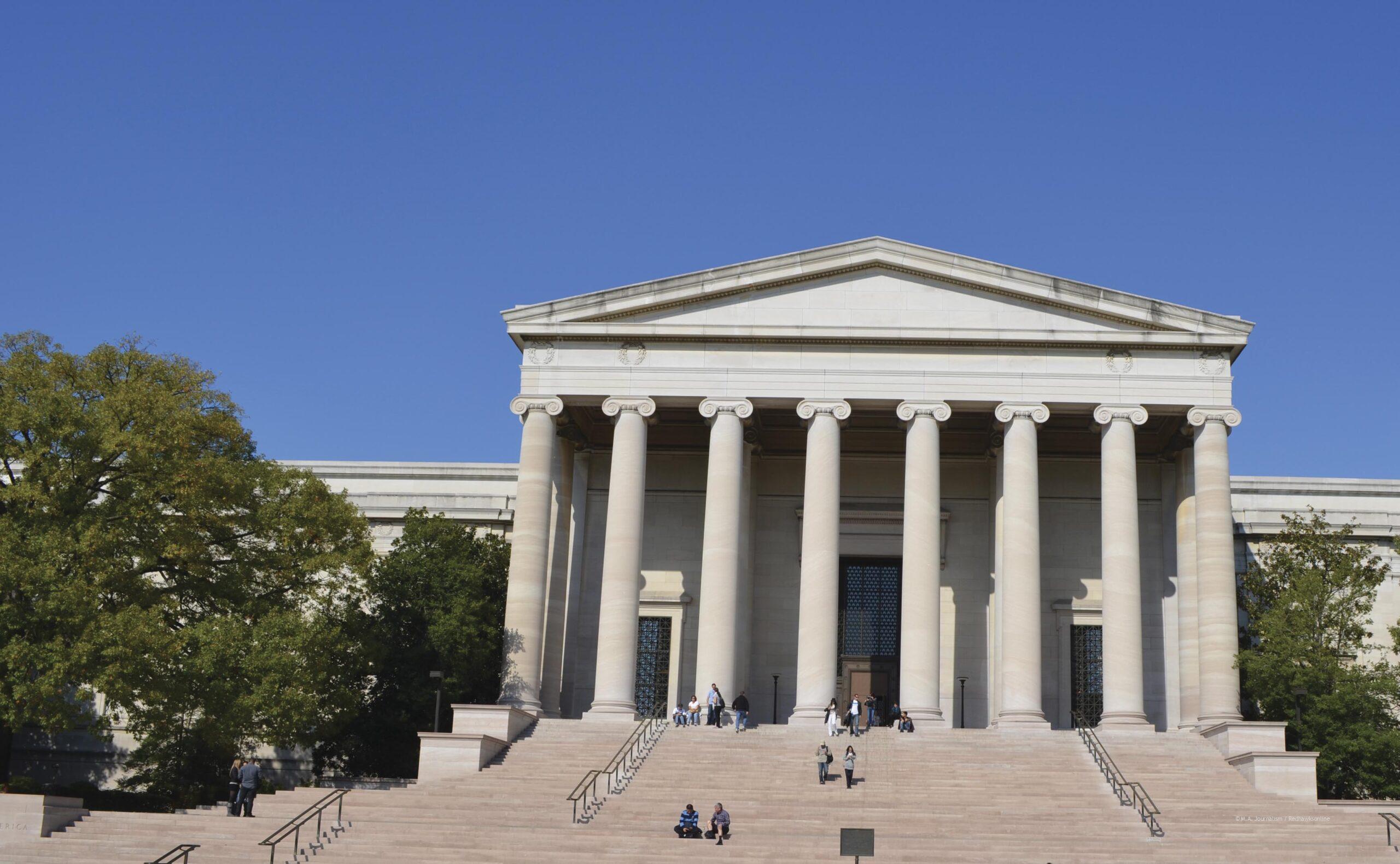What Ketanji Brown Jacksons’s Supreme Court seat means in history
One hundred and fifteen justices have served on the Supreme Court, 108 of those 115 justices-that is ninety-four percent-have been white men.
In the court’s 233-year history, there have been five female justices, three BIPOC justices, and no justices have ever publicly identified as part of the LBGTQ+ community.
The justices on the Supreme Court are not just on the Court to fill a seat. Since 1789, more than 12,000 people have worked to develop our country’s laws, yet only 115-those selected to serve on the Supreme Court-have the power to decide whether or not these laws come to fruition.
In the 1803 landmark case of Marbury v. Madison, the Supreme Court established the concept of judicial review, empowering federal courts to declare both legislative and executive actions unconstitutional. The power of judicial review has enabled the judiciary-especially its highest court-to have a role in the government equal to the other elected branches.
For example, in Brown v. Board of Education, the Supreme Court issued a decision that rendered state laws allowing for separate but equal educational facilities unconstitutional under the the Equal Protection clause of the Constitution. By doing this, the Supreme Court rendered a law created by an elected state legislature void.
Relying on this same power, today Supreme Court justices are responsible for making decisions about your fundamental rights. The Supreme Court decides (or will decide) hotly debated issues such as whether you have access to birth control, abortion, or guns, whether we allow gay marriage, and whether our legal system enforces racial and religious equality.In other words, the Supreme Court has significant power and so the makeup of the Court matters.
The vote on April 7th-a narrow vote of 53-47-appointing Justice Ketanji Brown Jackson as the next justice of the Supreme Court, was revolutionary. That vote not only made Justice Jackson the first African American female to serve on the Supreme Court but it also rendered the current Court the most diverse in history.
A widespread misconception is that political affiliation is directly associated with one’s race and gender. It is vital to note that although this court is the most diverse-that does not make it the most liberal.
What does Justice Jackson’s election mean to me?
Justice Ketanji Brown Jackson now has a seat at America’s most powerful table. A table where nine justices meet to cast votes about America’s most pressing issues.
It is true that Justice Jackson- a democrat-is replacing another left-leaning justice; this means that her voice is not likely to sway the Court’s conservative majority. Despite the predicted lack of explicit judicial change created by her appointment, Justice Jackson’s confirmation provides hope of representation for future generations.
Historically, it has been difficult for women and people of color to see themselves represented in positions of power, especially in a position like that of a justice in the highest court in the land. Justice Jackson’s presence, in and of itself, is a breakthrough for our country.
“I think that representation is something a lot of people take for granted…especially the people that already have it,” said sophomore Griffin Anderson. “I think it becomes really easy to be kind of stuck in your own world and not think about how other people around you might experience the same world differently.”
Commentary
Apart from the historical role her appointment plays, Justice Jackson is uniquely qualified on her own merit.
Justice Jackson attended Harvard University for both college and law school. After her graduation, she started her legal career clerking for Judge Bruce M. Selya of the U.S. Court of Appeals for the First Circuit. Her career direction shifted in 2005 when she began to serve as a federal public defender in the District of Columbia.
Dive into the past of any Supreme Court justice and you will find numerous outstanding qualifications. However, what sets Justice Jackson apart is her experience defending people charged with violating criminal laws-some of whom have been charged with heinous crimes.
In fact, Justice Jackson is currently the only justice on the Supreme Court with criminal- representation experience. Most justices have experience repre- senting companies rather than working with and protecting the lives of actual individual people.
It is essential that the United States appoints fair-minded justices who are intellectually apt. However, it is also critical that justices are deeply committed to principles of equality and justice for all and that they bring to the Court personal and professional diversity. Justice Ketanji Brown Jackson’s qualifications portray just that.

